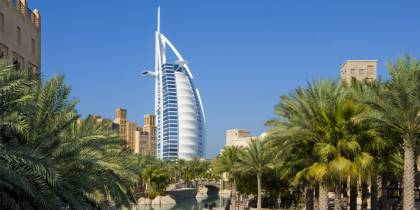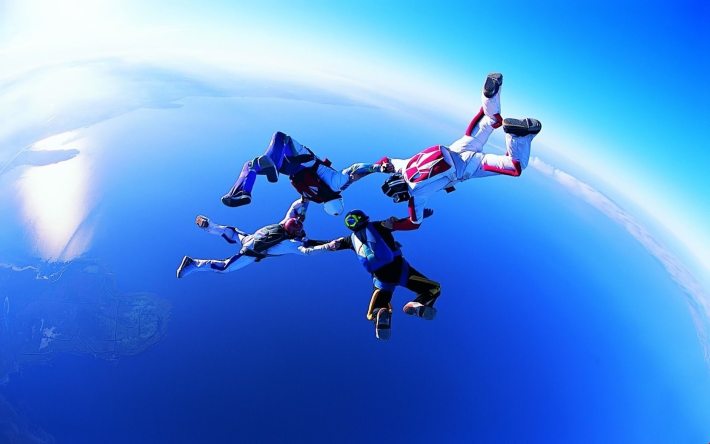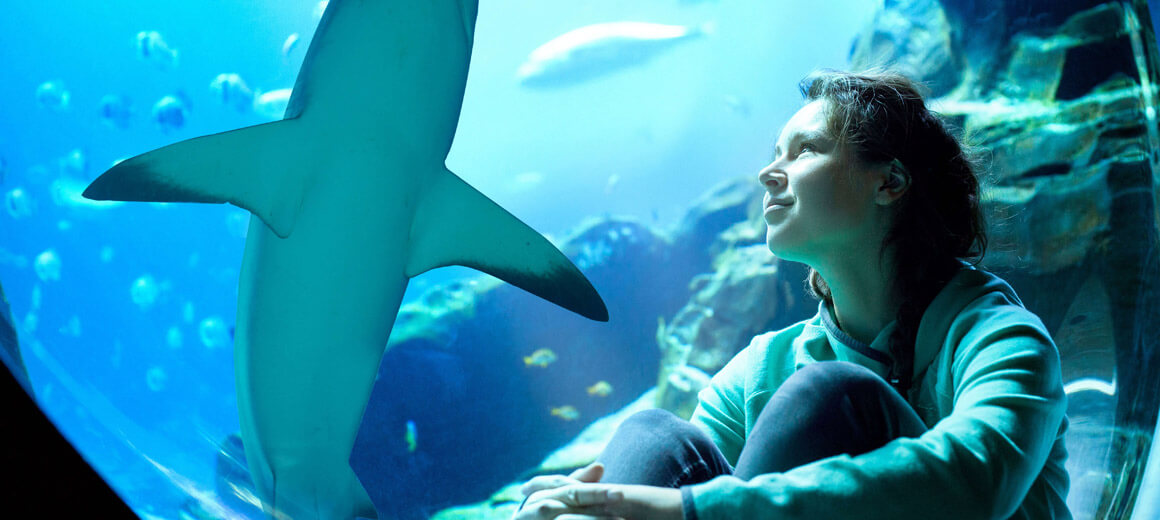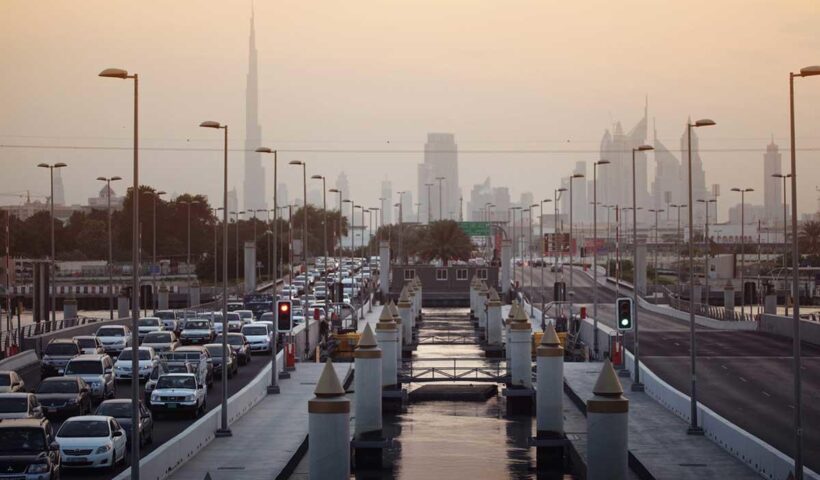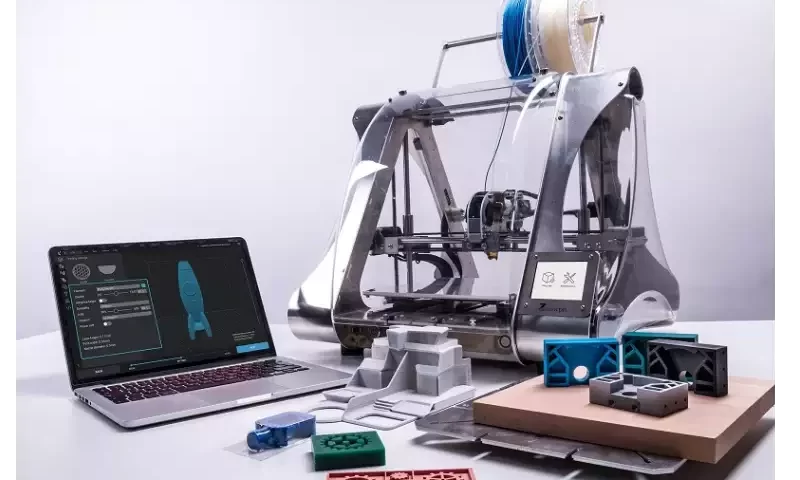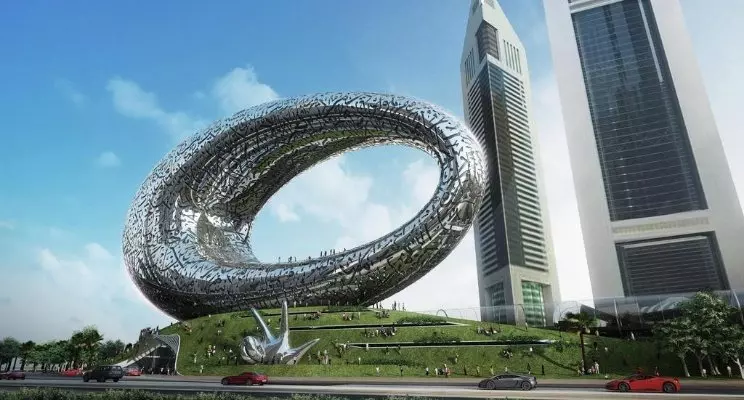Any business or startup in any industry would be wise to think about the advantages of setting up shop in Dubai. And right now is the ideal time to think about utilizing this renowned, cutting-edge commercial hub. The emirate provides a favorable environment for forward-thinking businesspeople to establish and expand a thriving and successful enterprise.
Here are a few areas where Dubai’s innovative and technological leadership might help you as a business.
Innovation in Dubai: a knowledge economy
1. Healthcare:
Dubai has always placed a strong priority on healthcare. Launched in 2002, the renowned Dubai Healthcare City is currently among the largest healthcare ventures in the world, employing licensed experts from approximately 90 different nations and nearly 160 clinical partners across 150 specialties. Dubai is dedicated to luring new medical talent, and the city’s medical tourism industry has grown as a result of its top-notch facilities.
2. Technology:
Dubai has advanced to become a technological leader on a worldwide scale with a variety of fresh, cutting-edge innovations. The sector is developing at an astounding rate, from its driverless metro to more current prototypes for robot policeman.
Dubai is also utilizing technology to improve city living. The government unveiled its Smart City concept, which seeks to make Dubai one of the world’s most interconnected and sustainable cities, as part of the upcoming Expo 2020 event. The Internet of Things, a concept that aims to improve and intelligently connect people, machines, and data, is at the heart of that endeavor. A smart infrastructure with highly integrated interactions across many facets of life and society, such as mobility, the environment, and the financial sector, is the vision.
3. Sustainability and energy:
Dubai continues to prioritize energy and sustainability as a top government and business priority at an era when environmental concerns are spreading around the globe. Sessions on “Climate Change and its Impact on Global Prosperity” and “Rising Tides: Preparing for the New Normal” were part of the event’s environmental program.
The emirate is leading the way in new advancements in renewable energy and is advancing quickly toward practical and affordable answers for a sustainable future. Additionally, the government’s UAE Vision 2021 program sets a distinctive national agenda with an emphasis on enhancing air quality, protecting water resources, raising the share of renewable energy, and putting green growth strategies into action.
Expo2020 has ambitious ambitions to develop sustainable urban environments, safeguard a variety of ecosystems, and mitigate and handle climate change. The environment is also one of the main topics of the event.
Why does Dubai take the lead over other nations?
So how did Dubai become a world leader in cutting-edge knowledge sectors as well as a major center for international trade? Is it as a result of the efforts of a progressive government? Is it due to its distinctive infrastructure? Or simply the need to establish oneself internationally?
1. Government support: The Dubai government is making every effort to promote industry and innovation. It actively advocates liberal economic policies, strong governance, and a global perspective while actively supporting a dependable, functional infrastructure. In order to respond to the evolving demands of the business sector, the government is constantly looking for methods to move past antiquated ways of thinking and adopt new technology and ideas.
This top-notch, multi-functional facility is presently being utilized to test, create, and propel innovation on a local, regional, and global scale. By extending and redefining the interaction between the government and its inhabitants and by promoting greater inclusivity, openness, and accountability in government, this kind of effort distinguishes Dubai from other global cities. The ultimate goal is to try to increase the power of innovation so that it serves not just the government and corporate sectors, but also the people of the nation.
2. Infrastructure: Economic growth depends on infrastructure, and Dubai enjoys one of the most developed infrastructures in the world. The city has a ton of brand-new residential, commercial, and industrial infrastructure in place, as well as top-notch land, sea, and air transportation connections. Amongst the best in the world are the rail and road networks. The trains are rapid and efficient, especially the Dubai Metro, which until 2016 was the longest driverless rail network in the world. The roads are large and well-maintained.
Dubai is home to one of the busiest international airports in the world, with a huge capacity for passenger and freight aviation travel. Fly Dubai, the world’s fastest growing startup airline since its 2008 founding, flies to more than 65 locations while Emirates Airlines, the company’s flagship, connects over 140 destinations globally. With one of the largest seaports in the region, Jebel Ali Port, and connections to 140 ports around the globe, Dubai also has nearly unmatched transit capabilities for maritime trading. Dubai is continuing to make significant investments in its infrastructure and is anticipating increasing capacity and access to effective, clean, and intelligent transportation. The goal is for 25% of Dubai’s trips to be autonomous by the year 2030.
3. Global position:
In comparison to other rapidly expanding cities, Dubai has unparalleled global connectedness. A distinct trading hub among the East and West, it can access the most profitable import and export markets in the world thanks to its advantageous geographic location between Europe, Asia, and Africa. With the help of the robust transportation system covered in the preceding section and convenient sea access provided by the Persian Gulf coast, it is possible to quickly connect Asia, Africa, and western nations while maintaining low prices for international trade flow.Meanwhile, the city’s unrestricted access to international consumer markets makes it easier than anywhere else in the world to do economic activities including international trade, import and export, hospitality, logistics, and tourism.

